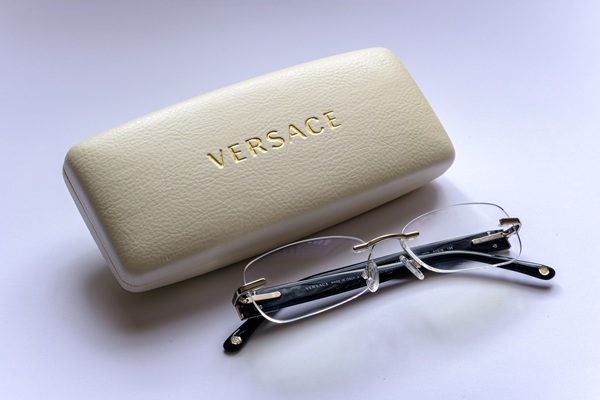Seeing Your Optometrist About Eye Injury

If you think you have an eye injury, contact your optometrist. It is important to seek medical attention to deal with problems early and to ensure your eyes are healthy. Several first aid steps should be taken in the event of an eye emergency. Read on to learn more about when you should see an optometrist and what you can or should do in an eye emergency.
Eye injury treatment
Some eye injuries require immediate surgery or treatment to prevent permanent damage that may lead to vision loss. Other injuries may only require monitoring to ensure complications such as eye infections do not occur. Most times, treatment is often necessary. Seeking medical attention as soon as possible following an injury is recommended especially if a person has pain in the eye, loss of any vision or blurred vision. Here are some tips about how to handle common eye injuries.
Chemicals in the eye
A chemical burn occurs when a powder chemical or liquid contacts the eye. Often, the injury happens when a chemical splashes into the eye. If chemicals come in contact with the eye, a person should flush the eye with fresh water immediately. If an individual wears contact lenses, they should be removed before flushing the eye. Neutralizing the chemical with other substances and bandaging the eye are not recommended. A person should seek medical help while flushing or some minutes after continuous flushing.
Particles in the eye
Sometimes particles get in the eye. The particles are usually found on the surface of the eye or under the eyelid. If a particle gets in the eye, a person should not rub it. Tears or an artificial tear solution can be used to remove the particle.
Another option is to lift the eyelid outward and over the lower eyelid to remove it. If the particle does not come out, the eye should be kept closed and bandaged lightly before seeing an eye doctor. Some particles especially metallic ones can cause problems in the eye if no action is taken for several days. If a person is not sure an object is gone, seeking medical advice is highly advisable.
Blows to the eye
If a person gets hit in the eye, the first thing that should be done is to apply a cold compress. No pressure should be applied. Crushed ice in a plastic bag can be placed on the injured eye to reduce pain and swelling. Seeking medical care is encouraged.
Punctures and cuts to the eye or eyelids
A person should not attempt to rinse the eye with water. Attempting to remove an object stuck in the eye is also discouraged. The eye should be covered with a rigid shield. After the eye is protected, seeing an eye doctor is necessary.
Let your optometrist protect your eyes
Eye injuries can become serious if they are not treated. Before seeking medical attention always try to do as much as you can to prevent problems from becoming worse. If you have or suspect you may have an eye injury, seek medical help immediately. Your optometrist is equipped to detect, handle and treat eye problems.
Request an appointment here: https://www.texasoptical.net or call Texas Optical at (214) 771-7333 for an appointment in our Dallas office.
Check out what others are saying about our services on Yelp: Optometrist in Dallas, TX.
Recent Posts
The selection of eyewear feels significantly easier when the styles and craftsmanship of Versace eyewear enters the conversation, since bold lines and iconic detailing create an instantly recognizable look. Versace represents the intersection of Italian fashion and Greek mythos, blending confident glamour with symbolism through its signature Medusa logo. The brand is widely associated with…
Many people who work in construction or laboratories wear safety glasses to protect their eyes during the day. However, keeping your eyes safe extends beyond hazards in the workplace. There is a wide variety of household chores and hobbies for which you should wear eye protection. When used consistently, safety glasses help create a safer…
Transitions lenses combine style and convenience to support clear vision without switching between regular glasses and sunglasses. While they were often considered unfashionable in days past, times have certainly changed. Today, transition lenses can be fashionable, chic, and a reflection of your personal style. When designing a pair for you, an optometrist will look at…
Dry eye treatment is important when occasional irritation becomes ongoing discomfort that interferes with daily activities. Many individuals experience dryness, burning, or a gritty feeling in the eyes from time to time. However, when symptoms start to affect reading, screen use, or time outdoors, a structured approach to diagnosis and care helps protect comfort and…


